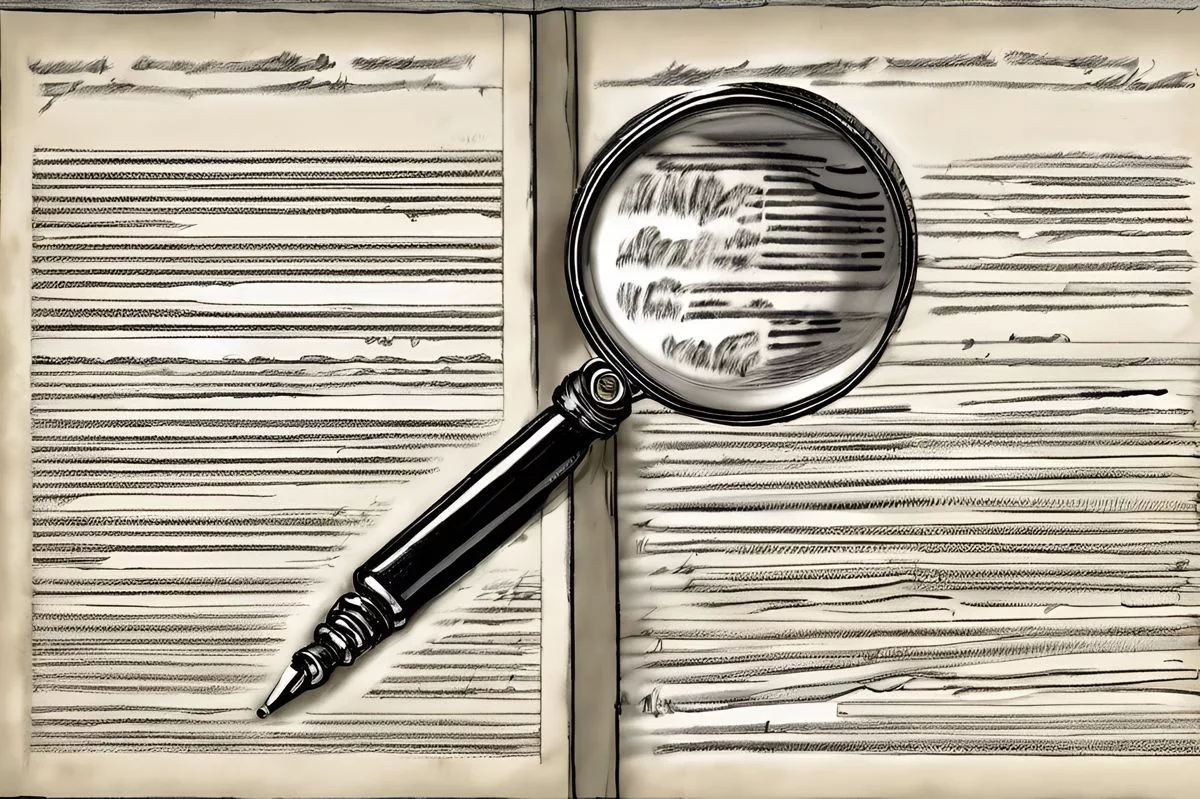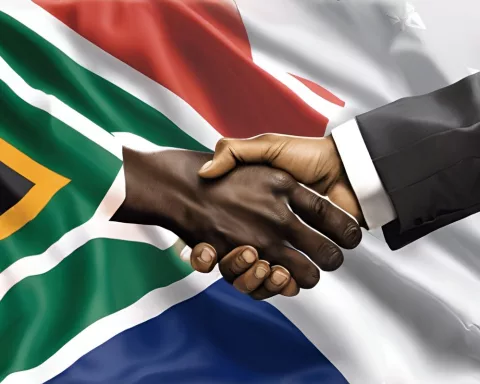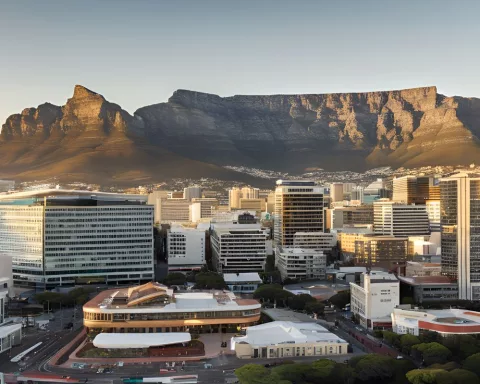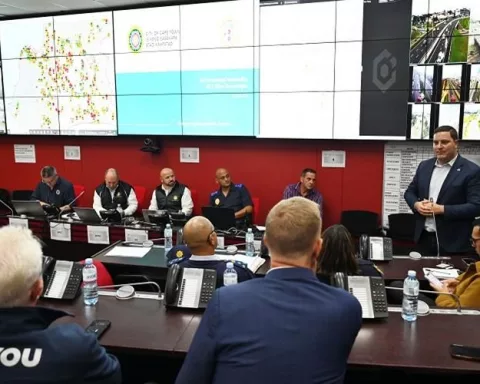The Free State community gathered to contribute their suggestions for the General Intelligence Laws Amendment Bill, proposing the appointment of a Deputy Chairperson for the Joint Standing Committee on Intelligence and a Deputy Inspector-General of Intelligence, as well as the differentiation between domestic and foreign intelligence services and the establishment of a South African National Intelligence Academy. Youth engagement in matters related to national security and concerns about security challenges experienced by residents were also discussed. Renowned organisations and individuals provided their feedback, with differing opinions on the Bill’s provisions. The Bill is now heading towards its final public hearing in East London.
What suggestions did the Free State community have for the General Intelligence Laws Amendment Bill?
The Free State community suggested appointing a Deputy Chairperson for the Joint Standing Committee on Intelligence (JSCI) and a Deputy Inspector-General of Intelligence (DIGI). They also proposed clearly differentiating between domestic and foreign intelligence services and establishing a South African National Intelligence Academy. Additionally, the importance of youth engagement in matters related to national security was stressed, as well as concerns about security challenges experienced by residents.
South Africa’s General Intelligence Laws Amendment Bill is currently being shaped with input from across the nation. The bill recently made a stop in the Free State, where local community members convened in the Samson Sefuthi Hall in Botshabelo, Bloemfontein. The gathering served as a platform for citizens to contribute their opinions on this vital piece of legislation. About 415 attendees, which is a substantial turnout, seized the opportunity to participate actively, highlighting their devotion to this democratic endeavour.
A Variety of Suggestions from the Free State
The Free State community contributed numerous ideas and expressed varied concerns, reflecting the area’s diversity. A proposal that attracted considerable attention was the appointment of a Deputy Chairperson for the Joint Standing Committee on Intelligence (JSCI) and a Deputy Inspector-General of Intelligence (DIGI). The idea behind this proposal is to provide continuous leadership, thereby avoiding any possible interruptions in the crucial work performed by these committees.
Another key point raised was the need to clearly differentiate between domestic and foreign intelligence services. Although both are essential to national security, residents suggested that distinguishing between these two services could ease collaboration when necessary while also preserving their independent roles.
Youth Engagement and Security Issues Discussed
The proposition to establish the South African National Intelligence Academy was a significant topic of discussion. Broadening the discussion, some participants also stressed the importance of focusing on youth recruitment. They emphasised the need to involve the younger generation in matters related to the nation’s security. Additionally, concerns were raised regarding security challenges experienced by the residents of Botshabelo and the neighbouring areas.
Feedback from Renowned Organisations and Personalities
Earlier in the week, the committee evaluated oral submissions from several esteemed organisations such as the Congress of the South African Trade Unions (COSATU), Intel Watch, Freedom of Religion South Africa (For SA). Renowned individuals like Mr Badesh Padayachy, Prof Jane Duncan, and Mr Kgosi Motasi also provided their insights.
COSATU recognised the amendments to the Bill and expressed its general approval. However, the union suggested further enhancements to the Bill, specifically advocating for the Inspector-General of Intelligence (IGI)’s findings to be binding. COSATU believes that this step could enhance transparency and accountability within the intelligence community.
Differing Opinions on the Bill’s Provisions
Contrastingly, Intel Watch expressed apprehensions about the Bill’s stipulation regarding the IGI, the JSCI, and the Auditor-General’s authority and independence in supervising the intelligence services. The organisation suggested that the JSCI should have the power to approve the intelligence budget, underlining the importance of a comprehensive understanding of intelligence activities.
For SA praised the Bill’s improved definitions and provisions, deeming it more reasonable and practical. Conversely, Mr Bavesh Padayachy proposed the recruitment of retired judges to supervise foreign bulk interception. He also expressed concerns about the ambiguous surveillance scope of foreign bulk interception.
Prof Jane Duncan underscored the significance of the JSCI’s regular engagement with the President to avoid any policy and legislative stagnation. Her views mirror the broader conversation on maintaining a constant dialogue between intelligence agencies and the government’s executive branch.
Journey of the General Intelligence Laws Amendment Bill
The engaging discussion in the Free State signifies a critical stage in the General Intelligence Laws Amendment Bill’s journey. The bill is now heading towards its final public hearing in East London, Eastern Cape. As it continues to move through public opinion and expert review, it aims to establish a stronger and more responsive intelligence framework for South Africa.
What is the General Intelligence Laws Amendment Bill?
The General Intelligence Laws Amendment Bill is a piece of legislation that aims to modify and strengthen South Africa’s intelligence framework. The Bill proposes several changes, including the appointment of a Deputy Chairperson for the Joint Standing Committee on Intelligence (JSCI) and a Deputy Inspector-General of Intelligence (DIGI), the differentiation between domestic and foreign intelligence services, and the establishment of a South African National Intelligence Academy.
What was discussed during the Free State community gathering?
The Free State community discussed several suggestions for the General Intelligence Laws Amendment Bill, including the appointment of a Deputy Chairperson for the JSCI and a Deputy Inspector-General of Intelligence, the differentiation between domestic and foreign intelligence services, and the establishment of a South African National Intelligence Academy. Additionally, the importance of youth engagement in matters related to national security and concerns about security challenges experienced by residents were brought up.
What is the South African National Intelligence Academy?
The South African National Intelligence Academy is a proposed institution that aims to improve the quality of intelligence training and education in South Africa. The Academy would provide a comprehensive curriculum for intelligence professionals, including courses related to intelligence analysis, collection, and management.
Who provided feedback on the General Intelligence Laws Amendment Bill?
Several renowned organisations and individuals provided feedback on the Bill’s provisions. COSATU expressed general approval of the amendments to the Bill but suggested further enhancements, while Intel Watch expressed apprehensions about the Bill’s stipulations regarding the IGI, the JSCI, and the Auditor-General’s authority and independence in supervising the intelligence services. For SA praised the Bill’s improved definitions and provisions, while Mr Bavesh Padayachy proposed the recruitment of retired judges to supervise foreign bulk interception. Prof Jane Duncan underscored the significance of the JSCI’s regular engagement with the President to avoid any policy and legislative stagnation.
What is the next step for the General Intelligence Laws Amendment Bill?
The General Intelligence Laws Amendment Bill is heading towards its final public hearing in East London, Eastern Cape. As it continues to move through public opinion and expert review, it aims to establish a stronger and more responsive intelligence framework for South Africa.
Why is youth engagement important in matters related to national security?
Youth engagement is crucial in matters related to national security as the younger generation represents the future of the country. Engaging the youth in discussions related to national security can help promote a better understanding of the importance of intelligence and security measures while also providing an opportunity for young people to contribute their ideas and opinions to the conversation.












